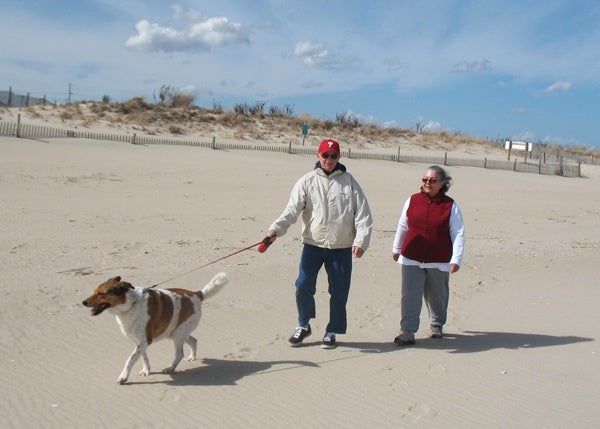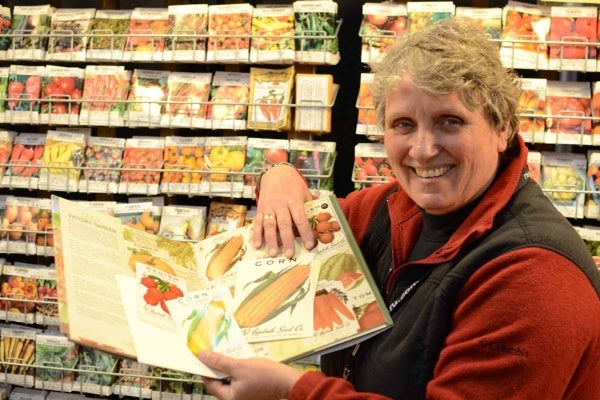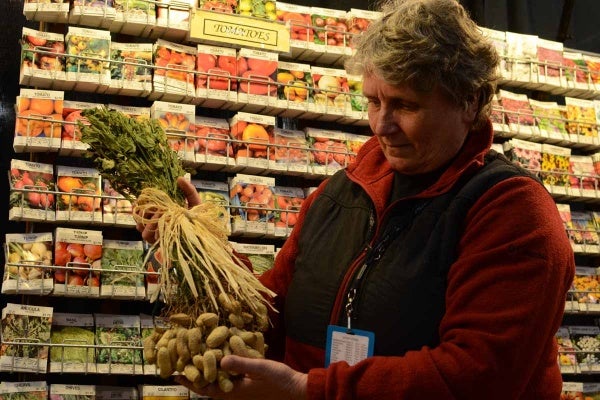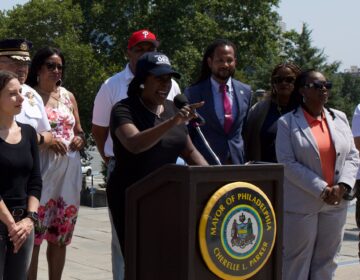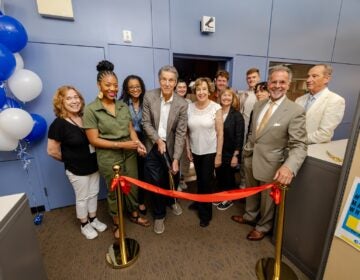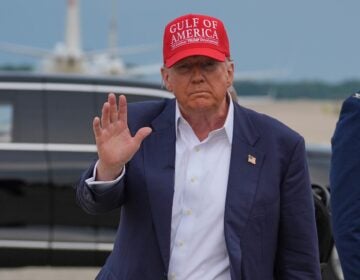New owner nutures seed company deeply rooted in American history
While delegates to the Constitutional Convention were in Philadelphia more tan 200 years ago, many stopped by the D. Landreth Seed Company store to buy seeds for radishes, broccoli, and parsley among other things.
Landreth counted every American president from George Washington to Franklin D. Roosevelt as customers. Despite its historic significance, the country’s oldest seed company has been struggling to survive.
Landreth Seed Company president Barbara Melera is busy setting up her booth at the Philadelphia Flower Show. She pauses to admire her wall of seeds:
“The fish pepper would be extremely hard to find. I only know of two sources for the cow horn okra,” she says.
The former venture capitalist says she knew Landreth was on its last legs, but its role in the country’s history motivated her to try to save it.
“This family and this little company taught a nation of immigrants — over the 1840s, 1850s, and 1860s — how to garden and how to live off and with the land. I don’t think it gets any more significant than that!”
Melera says when she bought Landreth in 2003, little effort had been invested in marketing its seeds and in staying current. The company was still doing accounting using index cards, and its reputation had deteriorated over the decades.
So Melera and her husband poured about $500,000 of their money into Landreth and borrowed about a million more. The company is being sued by its creditors.
If Landreth goes under, it won’t be the first.
Dozens of seed companies have closed in recent years, says John Torgrimson, executive director of the nonprofit Seed Savers Exchange.
“When seed companies closed, a lot of the seeds that they carried were lost with them especially some years ago,” Torgrimson says. “Seeds that might not even be marketable now, 100 years from now might be the ace in the hole we need to figure out some kind of climatic conditions we can’t even perceive right now.”
Torgrimson says more people are interested in gardening than ever before, but it’s easier and often cheaper to buy seeds at big-box stores. He says Landreth faces those challenges in addition to its debt.
Back at the Landreth booth at the flower show, Kate Venner of Blacksburg, Virginia, is intrigued.
White tomatoes and purple potatoes
“They have a bunch of seeds I’ve never seen before,” she says, pointing out white tomatoes. “I got purple potatoes and persimmon tomatoes, I don’t even want to try to say that. White, white tomato and green sausage tomatoes.”
Melera said business here is good.
“My favorite though is a very, very Italian gentleman who walks in the booth usually on Thursday, takes all the borage and walks over and goes, ‘You remembered my boroga!'”
Melera says a good seed company will always have the important historic herb Americans called borage but you’re not likely to see it at Home Depot.
She gives her company just a 50-50 chance. Melera says Chinese investors are interested, but she believes Landreth should remain an American asset.
A judge could decide this spring whether to liquidate the company, or give Melera more time to pay back the debt.
WHYY is your source for fact-based, in-depth journalism and information. As a nonprofit organization, we rely on financial support from readers like you. Please give today.




